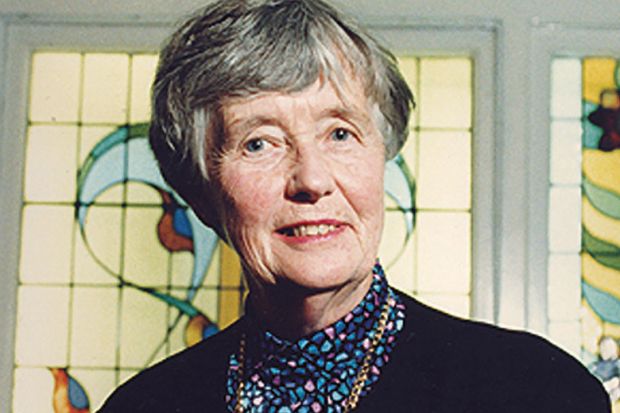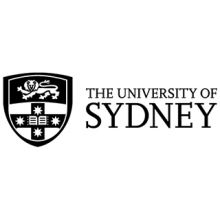A trailblazing educator who rose to become the University of Sydney’s first female chancellor and one of Australia’s best-known academics has died.
Born Leonie Gibson in Melbourne on 1 October 1924, she attended the city’s Presbyterian Ladies’ College and the University of Melbourne. She gained a doctorate from the University of Oxford and returned to Australia to teach English at the University of Sydney, where she was appointed its first ever female professor in 1968.
Dame Leonie, who married the South African doctor Harry Kramer in 1952, wrote both the Oxford History and Oxford Anthology of Australian Literature.
She was best known, however, for her decade as the university’s chancellor from 1991, where she won a reputation as an adroit and skilful political operator.
She was dubbed “Killer Kramer” by the writer Patrick White, referring to what he believed was her swift and ruthless style of management. She later received a Tyrannosaurus rex toy “given to her in acknowledgement of her reputation for ferocity”.
Dame Leonie, who also served as chair of the Australian state broadcaster ABC, was not known to shy away from this reputation.
Her controversial views on feminism did not, however, endear her to many women.
“For all its insistence on equality, feminism is preoccupied with hierarchy,” she once wrote. “Feminists dream of power, wealth and status – of, in fact, being discriminated for.”
When asked in 1995 why there were so few women in senior roles at her university, she remarked that women, including herself, can “go a bit limp when the going gets tough”.
In her 2012 memoirs, Broomstick: Reflections of Leonie Kramer, she said that those who “devote themselves entirely to their careers have no significant barriers to their advancement” but, in later life, “they might regret that their choice of a career deprived them of a family”.
Once described by the late judge Roderick Meagher as “the most distinguished woman in Australia”, she was appointed a Dame in 1977, sat on the boards of the ANZ Banking Group and Western Mining Corporation, and took a leading role on advisory bodies ranging from Quadrant magazine to the Institute of Public Affairs.
A leading pro-monarchist voice in the 1999 republic referendum, she also faced criticism for her conservative literary views. The critic John Docker spoke about her “baleful” influence on Australian literature.
Michael Spence, vice-chancellor and principal of Sydney, described Dame Leonie as “a valued member of the university community” and “a significant figure in public life”.
Dame Leonie, whose husband died in 1988, died on 20 April and is survived by her children Hillary and Jocelyn.
Register to continue
Why register?
- Registration is free and only takes a moment
- Once registered, you can read 3 articles a month
- Sign up for our newsletter
Subscribe
Or subscribe for unlimited access to:
- Unlimited access to news, views, insights & reviews
- Digital editions
- Digital access to THE’s university and college rankings analysis
Already registered or a current subscriber? Login







